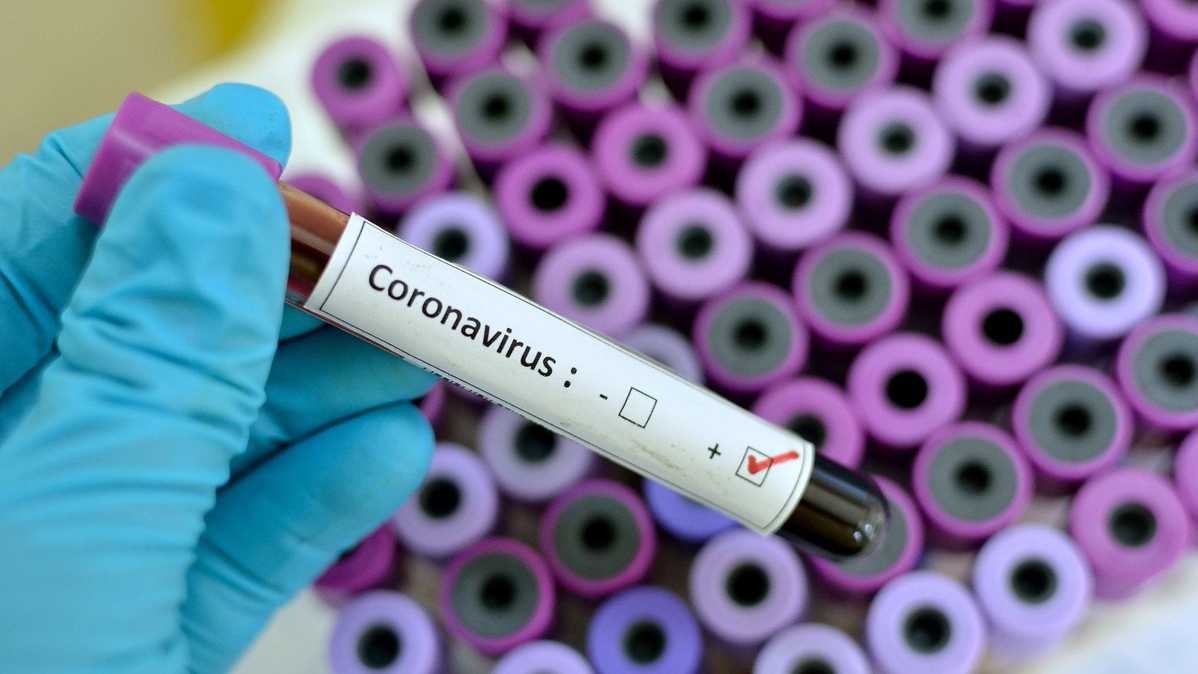Some in US hesitant about taking it


Millions of doses of Pfizer's COVID-19 vaccine will be available by the end of this month, but while some Americans have eagerly awaited the vaccine's arrival, others are taking a wait-and-see approach.
The Centers for Disease Control and Prevention (CDC) has proposed that the vaccine first go to healthcare workers and then adults in long-term care facilities, those with high-risk medical conditions, and essential workers.
A new Gallup Panel poll released on Tuesday showed that 63 percent of Americans are willing to be vaccinated against the disease, an increase from 58 percent in an October poll.
More than two-thirds of Americans in the 18-44 and 65-and-older age groups are willing to get the vaccine, according to the poll.
Differences in willingness to be vaccinated were based on factors such as political affiliation, age, education level and race.
Democrats are more willing than Republicans to get the COVID-19 vaccine (75 percent to 50 percent). White adults expressed more willingness than non-white adults (67 percent to 53 percent).
But in a survey of 13,000 nurses, not all were enthusiastic about getting the coronavirus vaccine.
The American Nurses Foundation survey in October showed that one-third of the nurses surveyed, or 36 percent, said they wouldn't voluntarily be vaccinated against COVID-19. That response came even though more than half of them said that they have provided direct care to patients confirmed with or suspected to have COVID-19.
"I actually even hate getting a flu shot, but I've had to get one every year since I became a nurse," Nina Siegrist said in an interview with USA Today. She is a registered nurse with the Hospice of the Piedmont in Charlottesville, Virginia. "If my medical director says, 'Listen, all hospice clinicians are going to get vaccinated,' then I'll get vaccinated. But I definitely want to read the details on the clinical trials first."
"Some healthcare professionals may not necessarily want to be the first to roll up their sleeves," Dr Georges Benjamin, executive director of the American Public Health Association, told Stateline. But he said he doesn't worry about the situation, "eventually, and very quickly, I think they'll come around."
Michele Engelbach, CEO of a nursing home in Ohio, told The Washington Post: "At that point in my mind, all the residents will be vaccinated, the majority of the staff will be vaccinated, so the only people who will be at risk are the people who choose not to get vaccinated."
Some companies may require a COVID-19 vaccination as a condition of employment.
Dallas employment lawyer Rogge Dunn told CNBC that it is legally within an employer's rights to require employees to take the vaccine. "Under the law, an employer can force an employee to get vaccinated, and if they don't take it, fire them," Dunn said.
Those companies range in industry from manufacturing to food and beverage. Companies that have been hit hard for months due to the pandemic and state government lockdown policies may require employees to get vaccinated.
"They think it gives them a competitive advantage," Dunn said. "They could say to their customers, 'Hey, our restaurant is safe. All of our employees have been vaccinated.'"
































